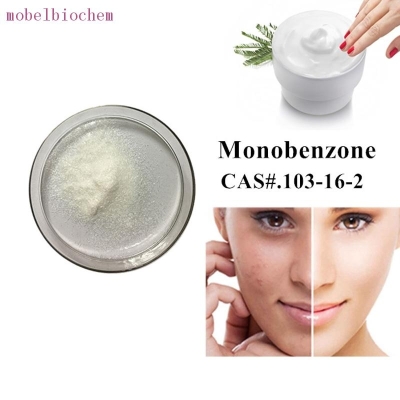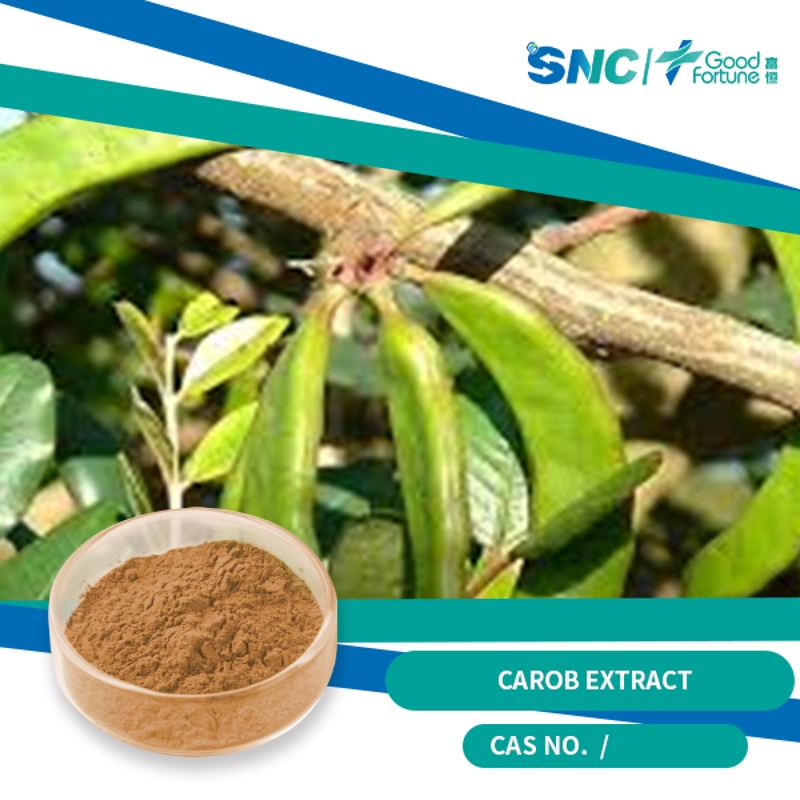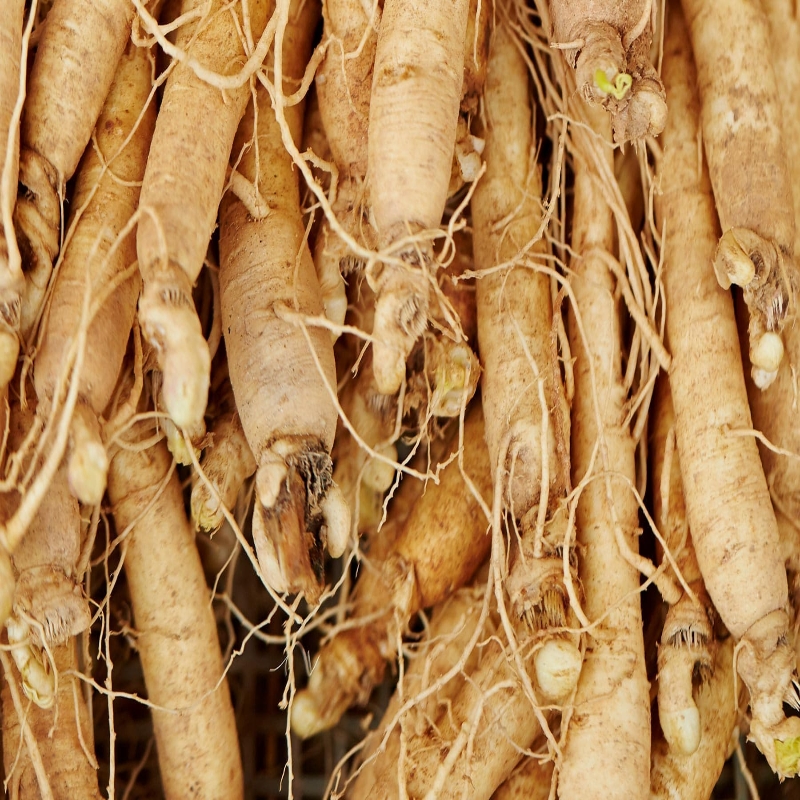Plant extract: export trend in international market
-
Last Update: 2010-05-28
-
Source: Internet
-
Author: User
Search more information of high quality chemicals, good prices and reliable suppliers, visit
www.echemi.com
Plant extracts, as the products of "natural medicine" and "homeopathy", have a very stable market in the international market In recent years, India, Indonesia and Southeast Asian countries have become a new market for the rapid growth of China's plant extract export According to statistics, although the world economy shrouded in the shadow of the economic crisis in 2009, China's export of plant extracts still maintained the growth momentum, with the annual export amount reaching 660 million US dollars, an increase of 23% over the previous year However, it should be noted that in 2009, the plant extract with the largest export growth was not a natural drug, but a sweetener plant extract product led by stevioside However, the export amount of most medicinal plant extract products has shrunk This paper summarizes the production and marketing of several major domestic bulk export medicinal plant extracts and the changes in international market demand as follows Ephedrine natural ephedrine is extracted from Ephedra Ephedrine is one of the most concerned crop products in the international market Because ephedrine and pseudoephedrine, the two main components of ephedrine, can be used as the main raw materials of anti cold drugs, and they have been included in Pharmacopoeia of various countries Ephedrine can also be used as the raw material for the production of drug "ice poison" (one of the important raw materials coveted by international smugglers), so governments all over the world have listed ephedrine in the "list of precursor raw materials" for strict monitoring In addition, natural ephedrine is also an excellent raw material for weight-loss food, and its use for weight-loss is even more than that for medicine According to foreign media reports, in the past decade, there have been hundreds of weight-loss health foods in the U.S market with natural ephedrine ingredients added There are also a lot of weight-loss foods in the European market containing ephedrine If the US FDA didn't send a letter two years ago banning ephedrine from being used in diet food, it is expected that the total demand for natural ephedrine in the international market will continue to rise Because the number of obese people in Europe and America is growing rapidly According to statistics, the total demand for natural ephedrine (extract powder) in the international market in recent years is about 2500 tons, with a large market gap However, due to the large-scale excavation of wild Ephedra in China, the resources degenerate rapidly The annual purchase amount of Ephedra is now less than 50% of the average annual purchase amount in the 1980s According to the statistics of relevant departments, the annual output of ephedrine in China is about 1200 tons Trial production of synthetic ephedrine began in Germany, India and China 10 years ago At present, the total annual production of synthetic ephedrine in the international market has exceeded 1500 tons However, synthetic ephedrine can be used in medicine, and natural ephedrine (extract powder) has a good effect in diet food, which may be related to the synergistic effect of natural ephedrine containing some unknown substances The natural ephedrine extract powder exported by China is very popular in European and American countries because it can be directly added to the diet food At present, synthetic ephedrine is also very popular in the international market Last year, Zhejiang puluokang Pharmaceutical Co., Ltd cooperated with Shanghai Pharmaceutical Industry Research Institute to build a new production line with an annual output of 500 tons of synthetic ephedrine in Zhejiang, which makes China become the leader in the production and marketing of synthetic ephedrine in the world Paclitaxel paclitaxel is the best-selling raw material product of natural anticancer drugs in the international market in the past 20 years Paclitaxel was first extracted from the bark of Pacific yew, a native plant in North America Later, French researchers invented the method of extracting 10-DAB (i.e 10-berry gibberelline) from the branches of ornamental yew trees, and then making Taxol (trade name: docetaxel) through semi synthesis At the end of 1990s, the global demand for paclitaxel API has exceeded 150 tons Due to the production of semi synthetic taxol in Western European countries such as France and Italy, the total output of taxol APIs in the world (less than 15% of which are from natural sources) is estimated at 700-800 kg It is predicted that by 2012, the global taxol production will reach 1040 kg, with an annual demand growth rate of 10% In 2007, the turnover of paclitaxel API in the international market was US $195 million As Paclitaxel injection combined with Herceptin, a new bioengineering anticancer drug, can significantly prolong the survival time of patients with advanced breast cancer and ovarian cancer, it is expected that the international market for semi synthetic paclitaxel APIs will continue to maintain a rapid growth momentum It is understood that at present, China has formed a cultivation base of over 100000 mu of Taxus chinensis plantation fast-growing forest Theoretically, the annual production of semi synthetic taxol from the whole plant of fast-growing Taxus in China is at least 500 kg, but at present, there is only one Jiangsu Hongdou pharmaceutical company that has completed the industrialization of semi synthetic taxol It is estimated that the annual production capacity of semi synthetic taxol is about 150 kg Due to the huge demand for paclitaxel API in China, most of the domestic paclitaxel API manufacturers produce and sell their own products, while the export of paclitaxel API is relatively small Now, the fast-growing Taxus forest in Hunan, Hubei, Guizhou and other southern provinces has entered the cutting period It is expected that the output of taxol API in China will increase significantly in the next few years, and China may become an important exporter of taxol API in the international market Angelica extract angelica is one of the most commonly used medicinal materials in China Angelica extract is one of the most popular natural plant extracts in the market of developed countries such as the United States Western manufacturers mostly use it as raw materials for the production of fat reducing and weight reducing food The annual export of angelica extract in China is about 2000 kg, and the export quantity is very stable The research team led by Professor Lv Guiyuan of Zhejiang University of traditional Chinese medicine has found that angelica extract has obvious antihypertensive effect after more than ten years of concentrated research This research achievement has won the second prize of national science and technology invention, and has attracted great attention of foreign pharmaceutical industry Angelica, as a natural antihypertensive product, is expected to become a "new upstart" in the international market in the future, with huge growth space According to foreign studies, Ginkgo biloba extract can reduce the risk of stroke by 50% and prevent brain neurodegenerative diseases such as Alzheimer's disease At present, Ginkgo biloba extract preparation has been widely known in developed countries In the international market, the total sales volume of Ginkgo biloba extract preparation is 2-2.5 billion US dollars Among them, 90% of Ginkgo biloba extract comes from China In recent years, the export of Ginkgo biloba extract from Japan and South Korea has increased rapidly, and its quality is generally better than that of China's products China exports about 20 million US dollars of Ginkgo biloba crude extract every year Germany, France and other western countries directly import dried ginkgo biloba leaves from China, and then extract the raw materials of EGb761 and other refined Ginkgo biloba extracts by themselves for the production of downstream preparation products The total output of Ginkgo biloba extract in China has been kept at 150 tons per year, which is lower than that of a company in Germany and France, and the output of most enterprises in China is smaller and the quality is poor China's ginkgo tree resources account for 90% of the world's total, and the total output of Ginkgo biloba leaves ranks first in the world for a long time It is understood that the annual consumption of Ginkgo biloba extract in the international market is about 2000 kg If China's enterprises can produce high-quality Ginkgo biloba extract products, it is believed that China's Ginkgo biloba industry will enter a period of rapid growth Extended report: resveratrol, a plant extract with growth potential, was recognized as having excellent anti coronary effect in 2010, with a large demand in the international market It was extracted from grape seeds before, but now it is mainly extracted from traditional Chinese medicine Polygonum cuspidatum The product will continue to grow this year Arbutin was extracted from "bilberry leaves" Arbutin has been selling well in the international market for decades, mainly used in whitening cosmetics Blueberry / blueberry extract is mainly used in eye health food In European and American countries, blueberry / Blueberry is a well-known health care product, and eye care market is in the ascendant, with a very broad development prospect Trifolium pratense extract was extracted from clover Clover has been widely planted in China The main purpose of Trifolium pratense extract is to regulate female estrogen secretion and treat postmenopausal syndrome Hypericin was extracted from Hypericum perforatum In the European market, hypericum has a very stable market; in recent years, the sales volume in the U.S market has also increased rapidly The main purpose is to prevent and treat depression.
This article is an English version of an article which is originally in the Chinese language on echemi.com and is provided for information purposes only.
This website makes no representation or warranty of any kind, either expressed or implied, as to the accuracy, completeness ownership or reliability of
the article or any translations thereof. If you have any concerns or complaints relating to the article, please send an email, providing a detailed
description of the concern or complaint, to
service@echemi.com. A staff member will contact you within 5 working days. Once verified, infringing content
will be removed immediately.







